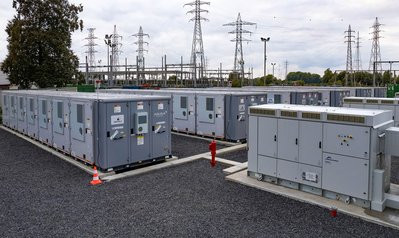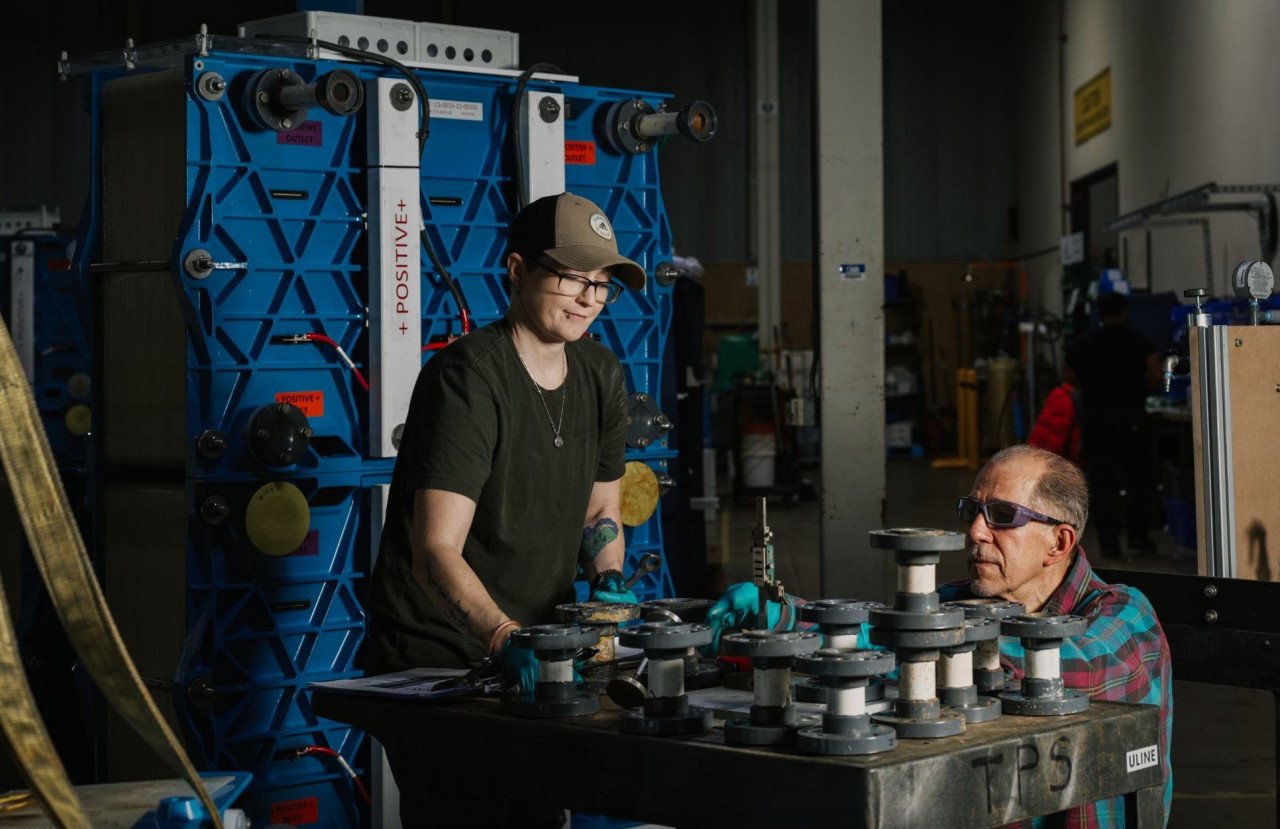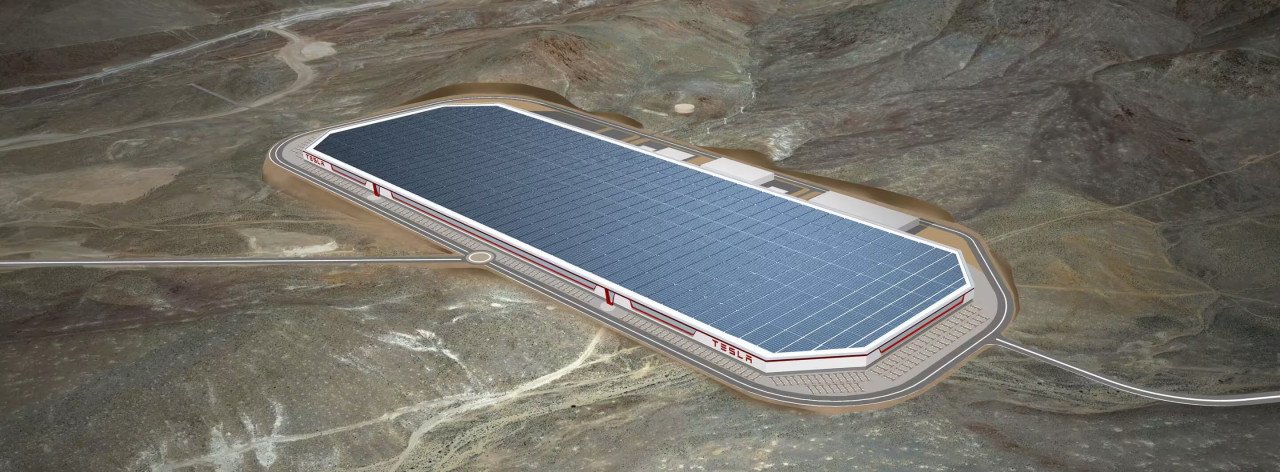2 minutes reading time
(408 words)
ESS Flow Battery modules for LDES application gets UL 1973 certification
ESS Tech Inc., a US-based manufacturer of long-duration energy storage (LDES) systems for commercial and utility-scale applications, has recently received certification from Underwriters Laboratories' (UL) 1973 standard for its S200 flow battery modules.
The UL 1973 is an industry standard for stationary energy storage systems which confirms ESS modules' quality, resilience and ability to operate safely and effectively in a variety of conditions. The S200 modules power the company's Energy Warehouse and Energy Center product lines and certification to the UL 1973 standard demonstrates the company's commitment to safety, ESS claims.
In 2022, ESS also achieved certification to the UL 9540A standard, demonstrating that ESS systems pose no risk of thermal runaway and making the company's energy storage products a preferred choice for installation in regions prone to wildfires or adjacent to populated areas.
In 2022, ESS also achieved certification to the UL 9540A standard, demonstrating that ESS systems pose no risk of thermal runaway and making the company's energy storage products a preferred choice for installation in regions prone to wildfires or adjacent to populated areas.
ESS iron-flow technology is claimed to provide cost-effective long-duration energy storage, ideal for applications that require up to twelve hours of flexible energy capacity. ESS systems are said to provide resilient, sustainable energy storage well-suited for multiple use cases including utility-scale renewable energy installations, remote solar + storage microgrids, solar load-shifting and peak shaving, and other ancillary grid services.
Recent use cases illustrate the advantages of ESS' safe and nontoxic energy storage technology, according to the company. In January, ESS was selected by Amsterdam Airport Schiphol to provide a battery system that will enable electrification of ground operations. The safety profile of ESS technology was a key factor in system selection given close proximity to passenger aircraft.
In addition, ESS has also received order form the Sacramento Municipal Utility District (SMUD) to deliver up to 2 GWh of energy storage systems in support of the utility's 2030 Clean Energy Vision. To build a resilient, decarbonized energy system, ESS technology will be deployed across SMUD's grid.
The company declares that its technology is safe, non-toxic and has a 25-year design life without capacity fade.The safety and flexibility of ESS technology make it ideally suited for siting in densely populated areas where improved grid resilience is needed and safety is a top priority, the company adds.

Nippon Koei, Aquila deploy 25 MW/100 MWh grid-scale BESS in Belgium
Nippon Koei Energy Europe B.V. and Aquila Clean Energy EMEA, have announced the completion of their battery energy storage system (BESS) located in Ruien, Belgium. T...
https://etn.news/buzz/nippon-koei-aquila-battery-energy-storage-system-belgium



















